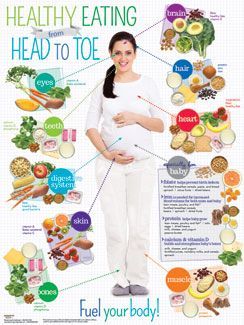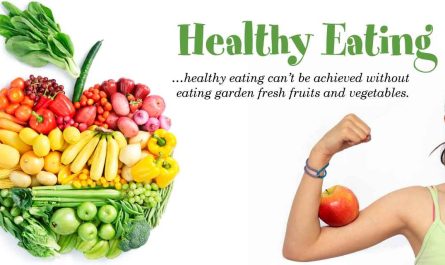Expecting mothers undergo numerous physical and hormonal changes during pregnancy. It is crucial for their overall well-being and that of their developing baby to prioritize proper nutrition throughout this transformative period. A well-balanced diet, packed with essential nutrients, vitamins, and minerals, is vital to support a healthy pregnancy and promote optimal fetal development.
Importance of Prenatal Nutrition
During pregnancy, the body requires increased amounts of nutrients to assist in the growth and development of the baby. Proper prenatal nutrition helps prevent maternal complications such as anemia, preeclampsia, gestational diabetes, and low birth weight. Additionally, it aids in the formation of the baby’s organs, tissues, and bones, reducing the risk of birth defects.
Key Nutrients for Expecting Mothers
Expecting mothers should focus on incorporating the following key nutrients into their diets:
Folic Acid
Folic acid is essential for the development of the baby’s neural tube, which eventually forms the brain and spinal cord. Adequate folic acid intake greatly reduces the risk of neural tube defects such as spina bifida. Foods rich in folic acid include leafy green vegetables, citrus fruits, legumes, and fortified cereals.
Calcium
Calcium is crucial for the development of the baby’s bones and teeth. It also supports the mother’s bone health during pregnancy. Dairy products, fortified plant-based milk, tofu, and leafy green vegetables are excellent sources of calcium.
Iron
Iron plays a vital role in ensuring an adequate oxygen supply to both the mother and the baby. It helps prevent maternal anemia and supports the baby’s overall growth. Good sources of iron include lean meats, poultry, fish, legumes, spinach, and fortified cereals.
Protein
Protein is essential for the development of the baby’s cells and tissues. It also aids in the production of breast milk. Expecting mothers should consume lean meats, poultry, fish, eggs, dairy products, legumes, and nuts to meet their protein requirements.
Omega-3 Fatty Acids
Omega-3 fatty acids, particularly DHA (docosahexaenoic acid), are crucial for the baby’s brain and eye development. Pregnant women can obtain omega-3 fatty acids through fish like salmon, trout, and sardines, as well as chia seeds, walnuts, and flaxseeds.
Important Considerations
In addition to incorporating specific nutrients into their diets, expecting mothers should also consider the following:
Hydration
Staying properly hydrated is essential during pregnancy. Drinking an adequate amount of water helps maintain amniotic fluid levels, promotes healthy digestion, and aids in nutrient absorption. Pregnant women should aim to consume at least 8-10 cups of water daily.
Avoidance of Harmful Substances
Expecting mothers should refrain from alcohol, tobacco, and drug use during pregnancy. These substances can lead to severe complications, including low birth weight, premature birth, and developmental issues.
Consultation with Healthcare Provider
Every pregnancy is unique, and nutritional needs may vary. Expecting mothers should consult their healthcare providers or registered dietitians to evaluate their specific nutrition requirements based on personal health, pre-existing conditions, and individual circumstances.
Prenatal Supplements
Prenatal supplements, including prenatal vitamins recommended by healthcare professionals, can help bridge the nutrient gaps when dietary intake may be insufficient. These supplements typically contain crucial vitamins and minerals like folic acid, iron, calcium, and omega-3 fatty acids.
Nutrition plays a fundamental role in the health and well-being of expecting mothers and their developing babies. A balanced diet rich in essential nutrients, coupled with a healthy lifestyle and professional guidance, is crucial for a successful pregnancy. Remember, every bite counts, so choose wisely and nourish both yourself and your baby throughout this beautiful journey.




